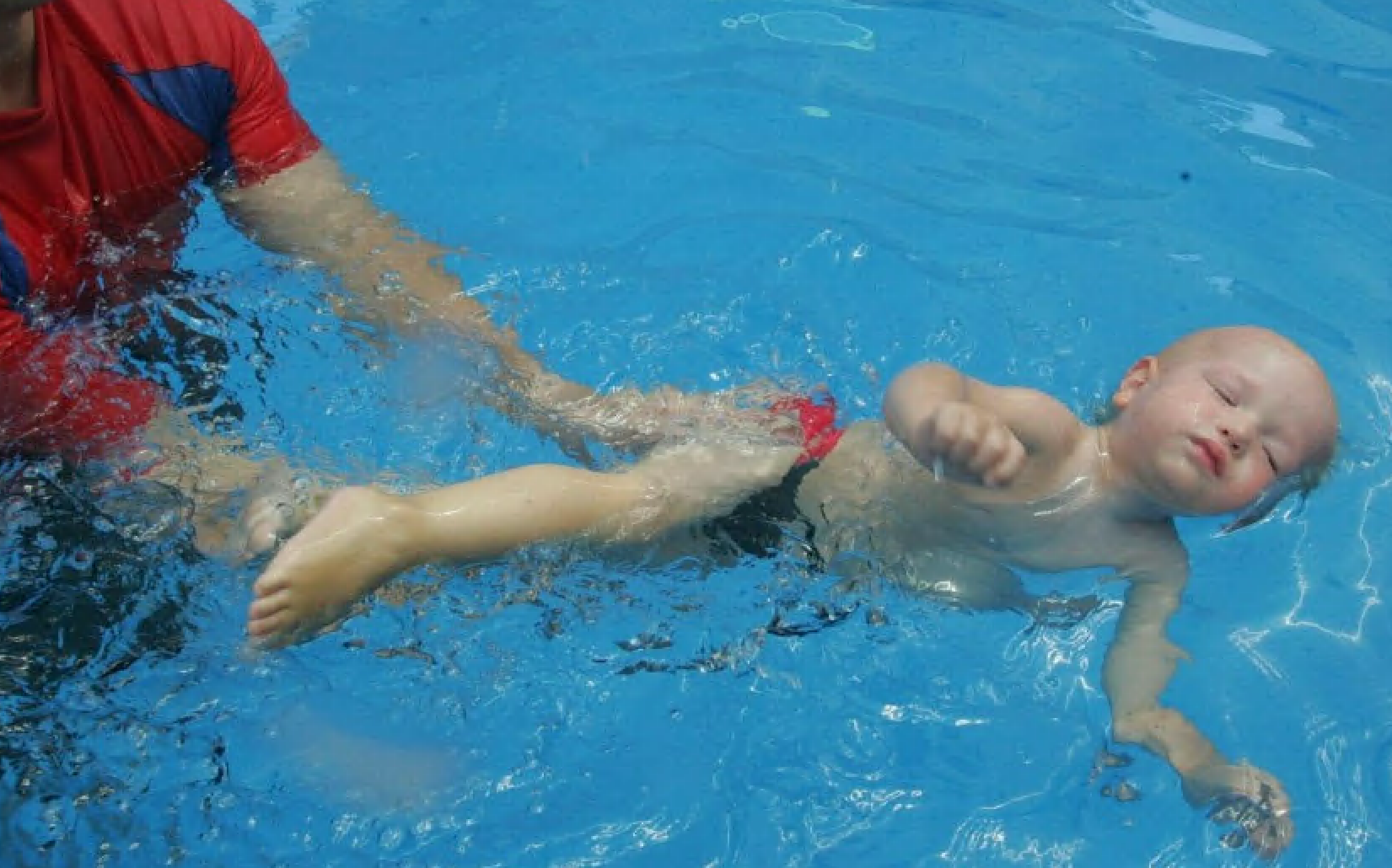Primitive reflexes are automatic movement patterns that commence during pregnancy and are fully present at birth in terms of infants. They play a developmental role, preparing a newborn baby to move against gravity, gradually leading to voluntary movement by the process of integration during the first months of life.
According to a clinical research paper published by Medical University of Wroclaw in Poland, Retained Primitive Reflexes (RPR) can disturb natural development and involve difficulties for children in social and educational situations and impact on psychomotor development.
The first signs of RPR can be seen in early childhood and many seen later such as learning and behaviour difficulties during the preschool years.
Asymmetrical Tonic Neck Reflex (ATNR)
Time of integration: Emerges 18 weeks in utero and diminishes completing 3 – 9 months after birth.
Effects of Retained Reflex: Poor eye tracking and difficulty crossing the visual midline.
Symptoms: Can cause difficulties in learning to read, telling the time and left-right confusion as well.
Symmetrical Tonic Neck Reflex (STNR)
Time of integration: Emerges 6 – 9 months after birth and integrated into the central nervous system 9 – 11 months after birth
Effects of Retained Reflex: Poor posture, poor eye-hand coordination and focussing difficulties.
Symptoms: May have problems with sitting still at a desk or learning to swim, and usually they do not feel comfortable with ball games.
Tonic Labyrinthine Reflex (TLR)
Time of integration: Emerges at birth and disappears completely in 2 – 4 months after birth.
Effects of Retained Reflex: Poor balance, disorientation and problems with re-establishing the emotional and physical balance.
Symptoms: Can entail binocular vision leading to poor sense of timing and frequent careless mistakes.
If the any of the above reflexes are retained, they can play a great role in decreasing the brain’s ability and efficiency in processing sensory information.
According to a publication byBarbara Pheloung’s, Retained Primitive Reflexes affect balance, co-ordination, breathing, visual & auditory processing, immunity, social behaviour, self-esteem and stamina. For a child with Retained Primitive Reflexes, some or all aspects of the swimming environment, and the multi-sensory stimulation it presents, may be overwhelming.
Barbara Pheloung’s program and publication “Wet Move to Learn” discusses being able to swim requires a variety of skills and abilities and can be a particularly challenging activity to those with learning difficulties. Many of the basic requirements for feeling comfortable in the water and for being ready to learn to swim are areas of difficulty for those with learning difficulties.
Pheloung further references, water-based learning can assist to promote children’s development so that they could reach their potential while addressing underlying sensori-motor and primitive reflex integration.
Learning to swim provides good foundations for integrating RPR in that it helps to:
- strength of tummy, back, neck, shoulders, arms, hips and leg muscles
- develop body awareness and confidence
- develop postural control and strength • stimulate the eyes and ears along with the body senses (touch, movement and muscle/body position sense)
- coordinate both sides of the body to do simultaneous and reciprocal movements
- develop the ability to plan and direct the body in different movement patterns
(Pheloung, “Wet Move to Learn”)
At KASS, our instructors are trained in child development and learning theory, behavioural science, anatomy, physiology and physics as they relate to infants and young children in the aquatic environment.
From our experience in teaching children the KASS survival and learning to swim program, with consistency and commitment children with learning difficulties respond well. Our ultimate goal from the program, is for the child to learn water safety and survival skills which may one day save their life.
References:
Barbara Pheloung “Wet Move to Learn” http://www.movetolearn.com.au/wp-content/uploads/2017/06/WetMovetoLearn.pdf
Ellis-Christensen, T. (2012). What is Muscle Memory. Available: http://www.wisegeek.org/what-is-muscle-memory.htm. Last accessed 2nd Dec 2012.
Mack, S. (2012). Does Muscle Memory Affect The Percentage in Basketball? Available: http://www.livestrong.com/article/448564-muscle-memory-affect-percentage-basketball/#ixzz26i9yQVFS. Last accessed 2nd Dec 2012.
Morley, K. (2012). Muscle Memory. Available: http://sportsnscience.utah.edu/musclememory/. Last accessed 2nd Dec 2012.
Shadmehr, R and Brashers-Krug, T. (1997). Functional Stages in the Formation of Human Long-Term Motor Memory. The Journal of Neuroscience. 17 (1), p409-419.
Muscle Memory: A Coaches Perspective
http://www.dna-sports-performance.com/muscle-memory-a-coaches-perspective/
“Persistence of primitive reflexes and associated motor problems in healthy preschool children” – Ewa Z. Gieysztor, Anna M. Choinska, Malgorzata Paprocka-Borowicz


